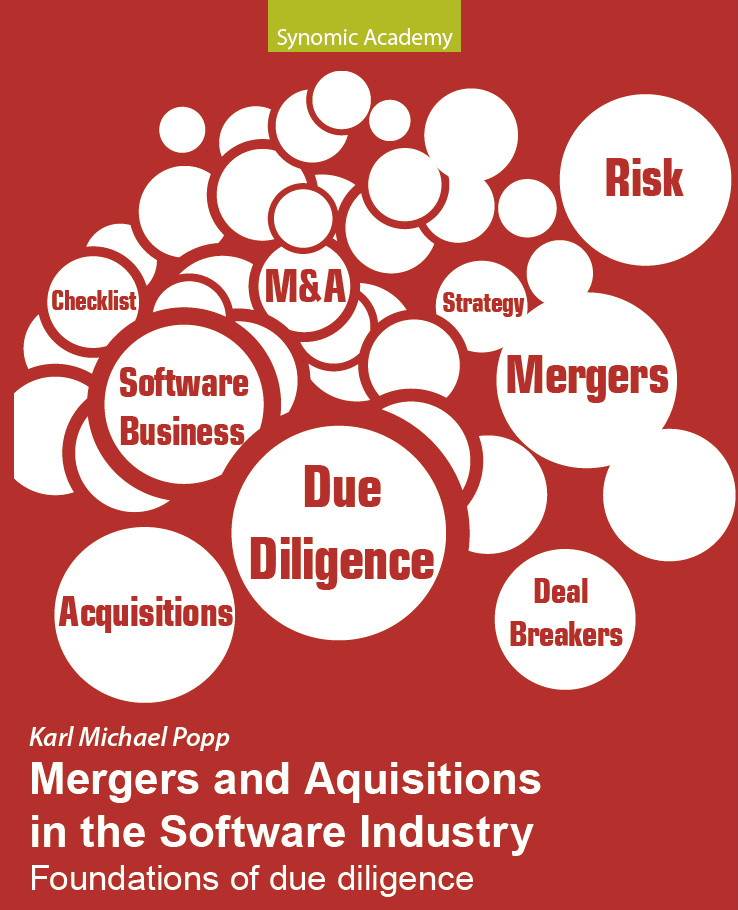Knowledge burst: top ten reasons for a divestiture
The top ten reasons for a divestiture can vary depending on the specific situation and the company's goals, but some common reasons include:
Strategic focus: The company wants to focus on its core business and divest non-core assets.
Financial performance: The divestiture can improve the company's financial performance by generating cash and reducing debt.
Poor performing assets: The divestiture of underperforming or non-profitable assets can improve the company's profitability.
Regulatory requirements: The company may be required by regulators to divest certain assets to address antitrust or other regulatory concerns.
Competitive pressures: The divestiture can help the company compete more effectively in a particular market or industry.
Mergers and acquisitions: The company may need to divest certain assets as a condition of a merger or acquisition.
Management focus: The company may want to reduce its operational complexity and allow management to focus on its core business.
Changing market conditions: The company may need to divest certain assets due to changes in market conditions or customer demand.
Restructuring: The divestiture may be part of a broader corporate restructuring effort to streamline operations and reduce costs.
Shareholder value: The divestiture can unlock value for shareholders by allowing the company to focus on its core business and improving financial performance.









